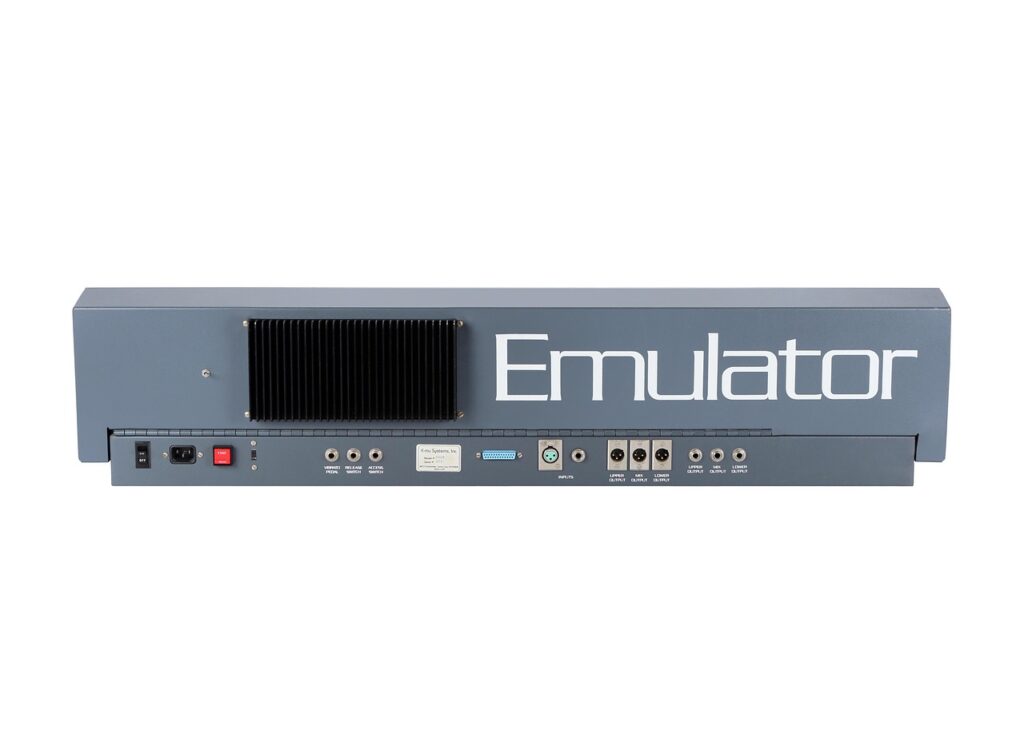What is release date pblemulator?
Let’s start simple: no, it’s not just a misspelled emulator. At least, that’s what the growing community around it believes. According to circulating posts on forums like Reddit and GitHub threads, release date pblemulator seems to be an umbrella title (or code name) for a highperformance, opensource emulation platform in development. Rumors tie it to multiple retro consoles across seventhgen models, possibly even including systems like the PS3 and Xbox 360 — notoriously tough nuts to crack efficiently.
But here’s the catch: no one really knows who exactly is behind it. There’s no company site. No public roadmap. Just teaser commits, snippets of working code, and promises posted in deep corners of the internet.
Hype Building Without the Hype Machine
Unlike traditional software rollouts backed by PR engines, release date pblemulator has grown through a whisper network. Every so often a new build shows up in a locked Discord channel. Then someone posts a few frames showing it running something insane at 60FPS with nearzero overhead. The buzz spreads. That’s it.
No interviews. No blogs. Just vapor and code.
That silent rollout makes sense in a technical community paranoid about claims and fiercely skeptical about performance claims without independent testing. But it’s a smart move too — let the project build clout organically. Quality proves itself if it’s real.
Core Features (That We Think Are Real)
Based on pulled screenshots, reverseengineered binaries, and community testing, here’s what people think release date pblemulator is aiming for:
Crossconsole support: Not locked down to a single console family. Modular core: Each emulation core runs separately, optimizing performance based on the instructions triggered. Autopatching: Caches and applies unofficial fixes for known compatibility issues. Dynamic upscaling with machine learning filters baked in. Lowlatency IO: Nearzero input lag support—ideal for competitive retro gaming.
These are rumors, not confirmed specs. But each reported capability has been matched by at least one posted video or log file.
The Myth of the “Pblemulator” Title
Let’s address that weird name. “Pblemulator” looks like someone smashed “problem” and “emulator” into one messy word. Or maybe misspelled “PC Emulator”. There’s debate on whether it was intentional or just stuck after a mistyped repo name went viral.
But here’s the funny part: it works. It’s memorable, it looks glitchy—which matches the underground aesthetic—and sets itself apart from the flood of generic emulation tools filling GitHub pages by the minute. Everyone remembers it. That counts.
Community: Where the Hype Lives
There’s no official support forum. No subreddit. Instead, users float around scattered Discord servers, coding forums, and YouTube comment sections. The community is smart, skeptical, and not afraid to break things. It’s mostly developers and longtime retro hardware tinkerers sharing test results and waiting for any hint of a public beta.
One Discord log shows a user booting up a test version of the pblemulator running a PS3 title with zero stutter. Another post claims compatibility with obscure peripherals on an emulated Xbox 360 dashboard. Real? Maybe. Fake? Possibly. But it only fuels the hunt further.
Why Hasn’t It Dropped Yet?
Here’s the milliondollar question: if it exists, where is it?
We’ve seen benchmarks and working builds, but no formal release. Some speculate it’s due to legal issues around BIOS files or protected IP. Others think the devs are holding out for funding, or trying to avoid a DMCA before it gains traction.
Either way, it builds tension. That silence has become part of the project’s identity. A public release date pblemulator would need to nail performance, avoid legal landmines, and scale fast… or risk becoming just another broken emulator promise tossed onto the internet pile.
What Happens If It Goes Public?
If it drops, and the performance holds up to what we’ve seen in the tests, the impact could be huge.
Speed: If early benchmarks are real, this could become the fastest multigen emulator available. Accessibility: With opensource hooks and streamlined systems, entry might be smoother than competitors. Modding frameworks: Early files show builtin modding hooks and config toggles that’d make it a dream platform for tinkerers.
It’ll also face instant scrutiny. Every claim will get torn apart, tested, measured in milliseconds. The hype will either validate the devs or turn sour within days. That’s why timing the public debut matters.
What to Watch For Next
The biggest signs that release date pblemulator is getting close? Look out for:
- Public GitHub activity from known testing builds
- Closed alpha invites spreading in niche forums
- Benchmarks from credible emulation YouTubers
- Hobby devs writing plugins or wrappers “just in case”
These signals would mark the project moving from myth to open beta. Honestly, it’s the kind of dev story that turns hobby tools into fullblown startup platforms if they play it right.
Final Word: Why It Matters
Emulation is more than just nostalgia. It’s about preservation, access, and control. When you rely on aging physical media and proprietary hardware, you’re locked out the moment one thing breaks or vanishes. A powerful, flexible emulator that spans generations? That’s a big deal for gamers and devs alike.
Right now, release date pblemulator is caught between being a whisper and a war cry. But if it gets released, and the community delivers the full verdict, we’re either going to witness a major addition to the emulator world… or one of the most curious software legends of the decade. Either way, it’s worth watching.




